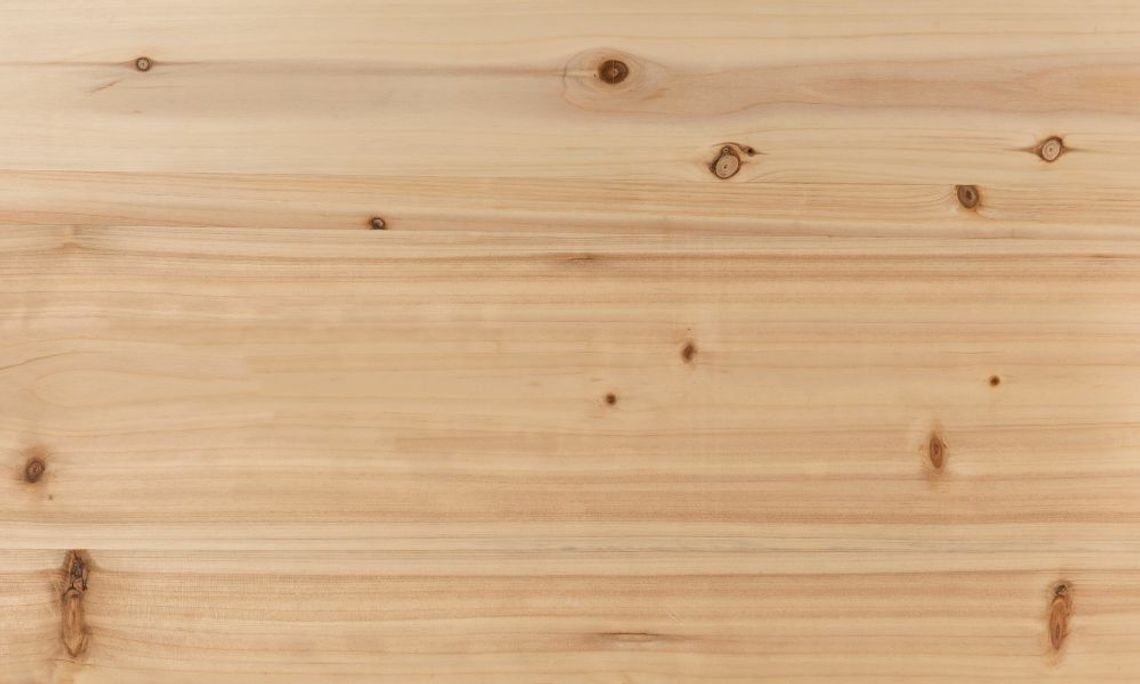Working with wood is full of little reminders that you are indeed dealing with a natural product. Impurities, imperfections, and irregularities—those little reminders of an organic world—give wood its attractive character. They can also pose challenges to woodworkers.
Dealing with resin, a natural secretion from trees, is one such challenge. Resin protects against insects and disease-causing agents during a tree’s life. However, it can affect the long-term quality of wood and woodworking tools. Resinous woods offer useful characteristics such as durability, ease of cutting, and lightness. Before you get started in woodworking, explore which wood products are the most resinous, how that makes them ideal, and how to plan for them.
Pine: Evergreen and Ever Useful
One of the most resinous woods is also one of the most plentiful. Pine is a softwood that is affordable and easy to work with, making it a fine material for woodworking. We use pine to make different products, such as furniture, cabinets, and flooring. The resins in pine are clear with a fragrant scent, and the adhesive qualities of pine resin make it popular for making high-quality glues.
Redwood: The Pride of California
Redwood is another type of wood well known for its resinous properties. Redwoods are sturdy and resistant to decay, making them ideal for outdoor furniture, decks, and fences. The resins in redwood are amber-colored and give the wood character and depth. Woodworkers also appreciate redwood for its smooth texture and malleable nature.
Cedar: The Tree of Life
Cedar is a beautiful wood with several beneficial qualities, including its highly resinous nature. Cedar wood resins are volatile oils that give the wood its fragrant, phenolic smell. Cedar resins are effective insect repellents, which is why cedar is common for making storage boxes, wardrobes, and even hangers. These oils also make cedar water-resistant and excellent for outdoor furniture and siding. However, resin buildup on your saw blades can gum them up and require additional maintenance, so be wary when working with cedar.
Fir: Not Just for the Holidays
Fir is another softwood that we commonly use for making cabinetry and furniture. It is sturdy and has an excellent weight-to-strength ratio. It’s also notable for having high levels of resin, which give it its characteristic sweet odor. Fir wood’s resin content also makes it ideal for outdoor use, as it is insect-resistant and able to survive harsh weather conditions.
Cypress: The Wood Eternal
One of the most resinous wood products around is cypress, which has earned the nickname “the wood eternal” for its peerless durability. These swamp-loving trees provide an ideal material for outdoor projects such as decks, furniture, and siding. Cypress resins also possess antibacterial properties, which protect the wood against decay-causing agents. As with cedar, pine, and other resinous woods, practice proper maintenance with your cutting tools—the “wood eternal” can shorten the lifespan of your equipment if you don’t.


Comment
Comments